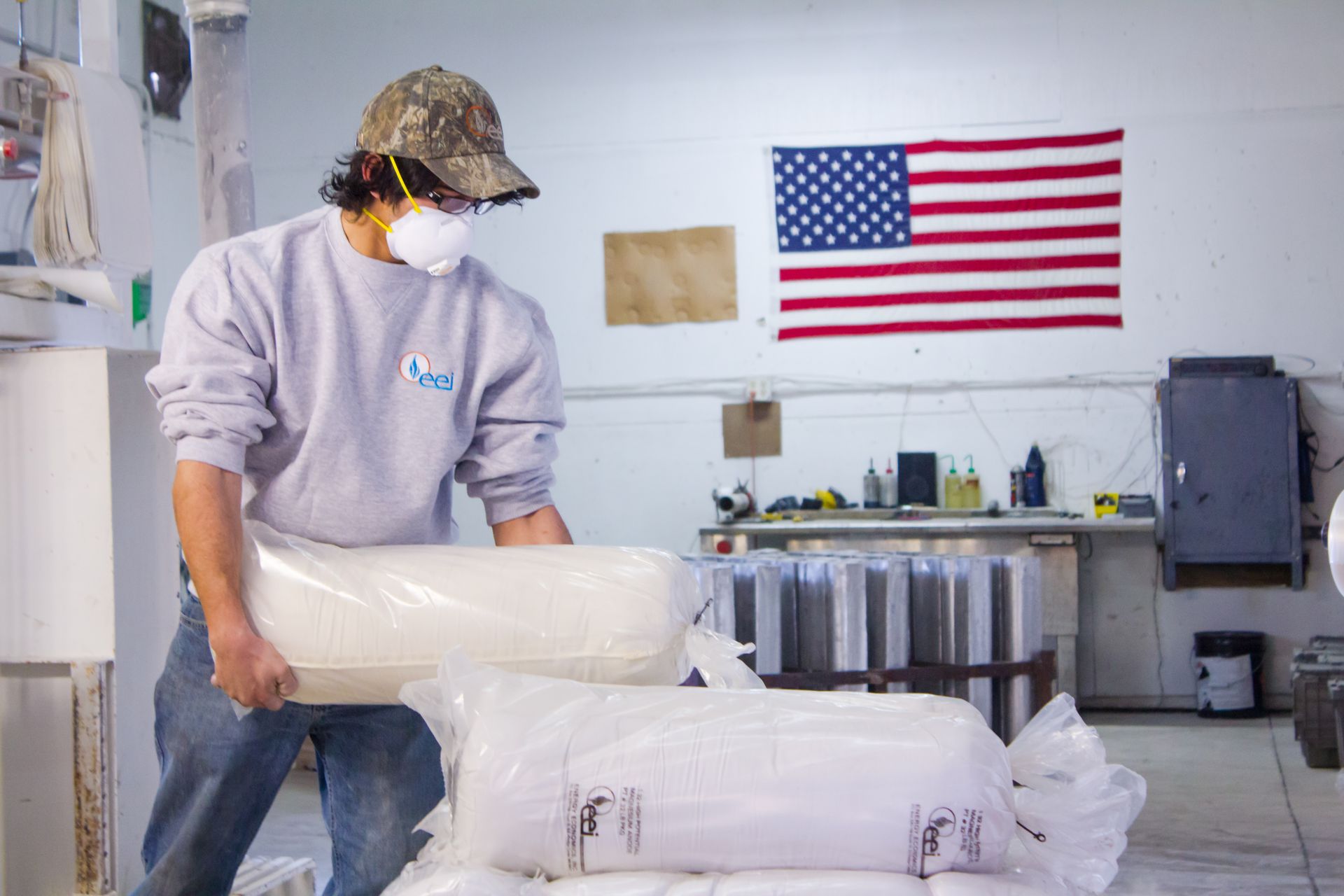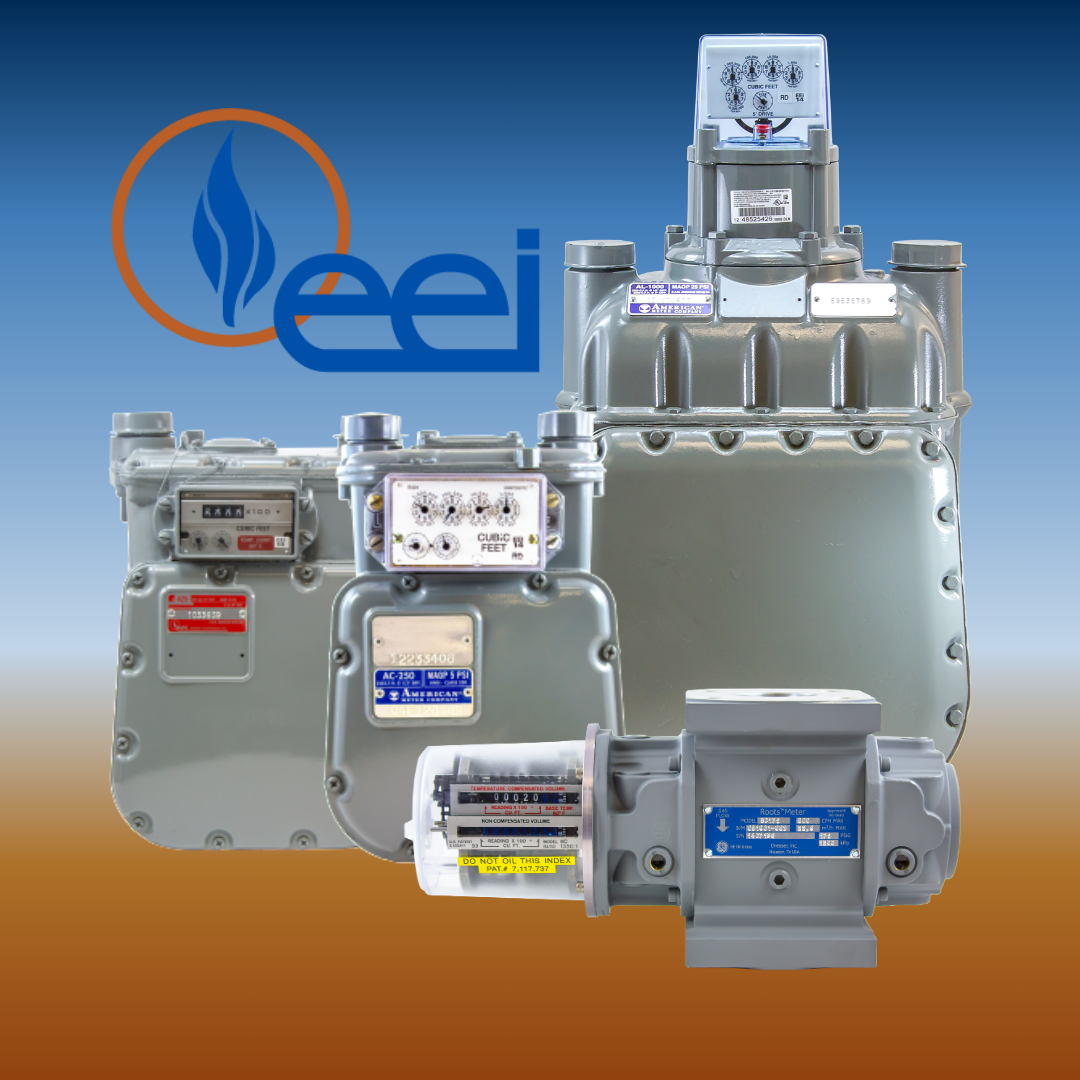The Art of Selecting the Right Anode for Pipeline Cathodic Protection
How to choose the right anode for your cathodic protection needs.

As seasoned experts in the realm of cathodic protection, EEI has come to appreciate the intricate dance of factors involved in ensuring pipelines remain corrosion-free. A pivotal aspect of this protection lies in selecting the correct anode. Your CP surveyor should perform tests that will outline exactly which type of anode you need. Each type of anode brings its unique set of advantages and considerations to the table. This is why Energy Economics, Inc. provides custom anodes that meet your needs. This article will delve into the intricacies and differences of each type of anode we offer to help give you a starting point when selecting anodes for your projects.
Magnesium Anodes:
When it comes to protecting pipelines buried in soil or freshwater, magnesium anodes often emerge as the go-to solution. These sacrificial anodes offer excellent performance in low-resistivity environments. However, it's crucial to consider factors such as soil resistivity, pH levels, and temperature fluctuations to ensure optimal performance.
High-potential Magnesium Anodes:
For scenarios where traditional magnesium anodes fall short, high-potential magnesium anodes step in to save the day. Their enhanced driving potential makes them ideal for high-resistivity soils and brackish water conditions. Nevertheless, careful attention must be paid to installation practices and monitoring protocols to prevent overprotection issues.
Zinc Anodes:
Zinc anodes find their niche in protecting pipelines submerged in seawater or saline environments. Their superior performance in high-resistivity conditions and ability to withstand harsh marine environments make them a popular choice. Yet, proper sizing and placement are paramount to ensure uniform cathodic protection along the entire pipeline length.
Graphite Anodes:
In environments plagued by stray currents or where traditional sacrificial anodes prove inadequate, graphite anodes emerge as a reliable alternative. Their impressed current technology delivers precise control over cathodic protection levels, offering a tailored solution to complex corrosion challenges. However, meticulous design and maintenance are imperative to harness their full potential.
Mixed Metal Oxide Anodes:
For long-term cathodic protection solutions in challenging environments such as high chloride content soils or deep seawater, mixed metal oxide (MMO) anodes reign supreme. Their superior durability, high current density capabilities, and resistance to chemical degradation make them an investment worth considering. Nevertheless, thorough engineering analysis and periodic inspection are essential for ensuring prolonged effectiveness.
High Silicone Cast Iron Anodes:
When confronted with the task of protecting pipelines in aggressive electrolytes or acidic soils, high silicone cast iron anodes offer a robust solution. Their resilience to corrosion and ability to generate a stable protective potential make them a reliable choice. However, proper design considerations and vigilant monitoring are indispensable to mitigate potential drawbacks such as hydrogen embrittlement.
In the realm of pipeline cathodic protection, selecting the right anode is akin to choosing the perfect tool for a craftsperson. Each type of anode comes with its unique characteristics, catering to specific environmental challenges and performance requirements. By understanding the nuances of magnesium, hi-potential magnesium, zinc, graphite, mixed metal oxide, and high silicone cast iron anodes, cathodic protection experts can navigate the complexities of pipeline corrosion with confidence, ensuring the integrity and longevity of vital infrastructure for years to come.

Please reach out to our knowledgeable team with any further questions.
Thank you!
Experienced Experts. Superior Support.
Energy Economics, Inc.
109 South Street SE
Dodge Center, MN 55927
Toll-Free: (800) 733-2557
Outside US: (507) 374-2557
Fax: (507) 374-2646
